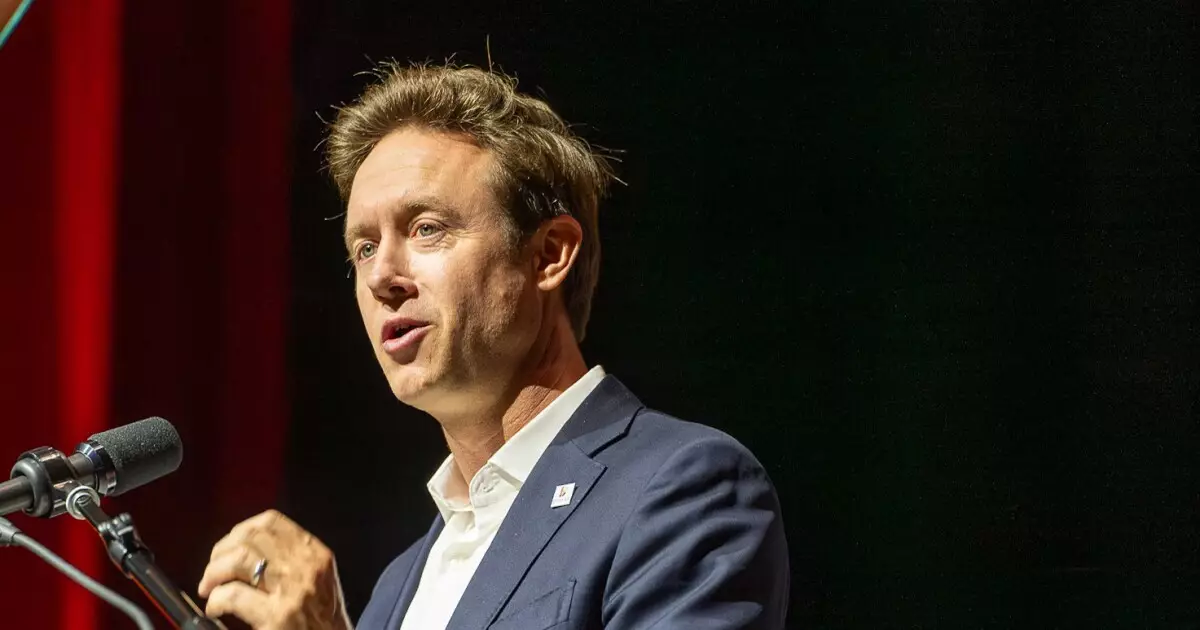Denver voters are facing an important decision on the upcoming November 5th ballot. They will be asked to weigh in on a proposal for a sales tax hike that could potentially raise $100 million annually to support affordable housing initiatives in the city. This measure, put forth by Mayor Mike Johnston, aims to address the pressing issue of affordable housing shortage in Denver.
The City Council recently voted 9-4 in favor of the 0.5% tax increase, citing the urgent need to provide affordable housing options for various essential members of the community. Mayor Johnston emphasized the importance of this opportunity, stating that it would help ensure that crucial individuals such as nurses, first responders, teachers, seniors, and working families can continue to reside in the city they have contributed to building.
Extended Timeline and Financial Flexibility
In an effort to enhance the effectiveness of the proposed tax increase, the council agreed to extend the expiration period from 30 years to 40 years. This decision was made to provide more flexibility in exploring different financial options, including the potential issuance of bonds that could be refinanced over the extended timeframe. The goal is to maximize the financial impact and benefits of the tax hike for affordable housing.
Mayor Johnston highlighted the significant gap between the number of affordable housing units currently being developed with existing funding sources and the projected demand by 2033. The data indicates a shortage of 25,000 units for households earning less than 100% of the area median income. This underlines the pressing need for additional resources to address the affordable housing crisis in Denver.
Concerns and Opposition
While there is strong support for the proposed tax increase, some council members have expressed reservations about the potential impact of multiple sales tax hikes on residents. If both the housing and health care tax increases are approved, Denver would have one of the highest sales tax rates among non-resort cities in the state. Council Member Kevin Flynn cautioned against further burdening residents with increased costs of living, suggesting that more work is needed on the affordable housing proposal before it goes to the voters.
In addition to the affordable housing tax hike, there are other proposals awaiting council approval, including an expansion of the Denver Downtown Development Authority’s scope and bonding ability. This measure aims to finance public facilities and improvements through incremental increases in sales and property taxes within a designated area. These initiatives reflect the city’s commitment to addressing critical issues through innovative financial strategies.
The upcoming sales tax hike proposal for affordable housing presents Denver voters with a crucial decision that will have far-reaching implications for the city’s residents and communities. The need for affordable housing solutions is urgent, and the proposed tax increase represents a proactive step towards addressing this pressing issue. It is essential for residents to carefully consider the potential impact of the tax hike and to make an informed decision at the polls on November 5th.

